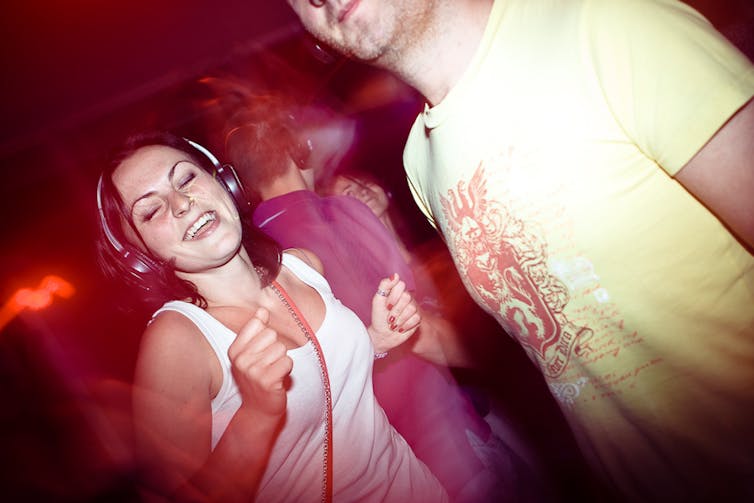
Research published today in the journal Cell Biology describes a new condition, musical anhedonia – the inability to experience pleasure from music. Specifically the researchers were able to identify a group of people who otherwise have normal emotional responses but who experience no emotional reward from music. (You can insert your own punchline here concerning Justin Bieber fans.)
What is most surprising about this finding is that it is surprising. It is quite common to come across people who are bored by ballet, passionless about painting, or left listless by literature, but newsworthy that some people aren’t moved by music.
A flurry of research shows that music is the predominantly popular art form. A survey I ran some years ago with readers of the arts section of London’s Sunday Times newspaper showed that even these connoisseurs rated music as both their favourite and the most important of the arts. In contrast, there is no public clamouring for a weekly Top 10 list of sculptures, or for Apple to release iInterpretativedance software which allows downloads of the key productions that opened this week.
In fact, there is even some indication that music is not just the most popular of the arts, but might even be people’s most favoured ‘thing’ in general. Several academic surveys have asked people to nominate their favourite possessions, or to state what they would chose to have with them if marooned on a desert island: music consistently comes out top.
So why is music the predominant art form? One day someone in a white lab coat may well show that the brain is especially sensitive to music. In the meantime though, here are two completely speculative possibilities.
First, music is more immediate and more easily digitised than most other arts. Many of us carry around our entire music library in our back pockets and can listen at a moment’s notice, whereas it simply isn’t possible to access our favourite plays on the same basis: technology means that we engage with music more regularly than with other arts.
Moreover, music is one of the quickest of the arts: I suspect that, minute for minute, pop music in particular produces far more emotion than does a play, and so when people are short of time music gives emotion-seekers the biggest bang for their buck.
Second, music imposes fewer demands on us. While I am sure that Beethoven didn’t compose in the hope that people would one day listen to his music while doing the washing up, the fact remains that one can listen this way.
The same cannot be said for ballet or theatre, which require you to both listen and watch; or for, say, portraiture, which can only be enjoyed in a meaningful way if it has your complete attention. Although the “full-fat” experience of music also requires our full attention, we can enjoy it while doing something else.
You can use the comments section below to discuss your own ideas as to why music is the most popular of the arts.
